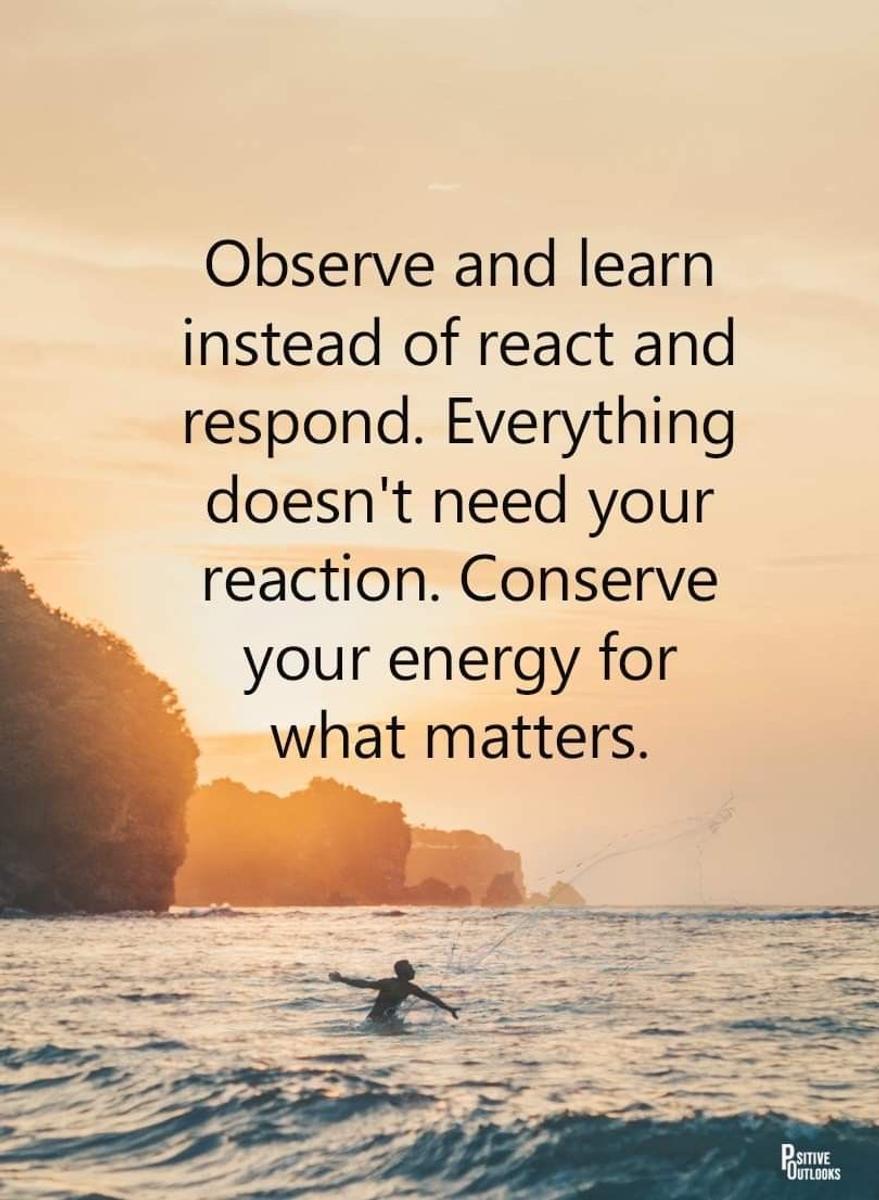Wellbeing

eSafety
This term the available online sessions include:
• Navigating online friendships: Transitioning to secondary school Suitable for parents and carers of young people in primary school.
• eSafety 101: How eSafety can help Suitable for parents and carers of children and young people in primary and secondary school
For dates, times and to register please visit Webinars for parents and carers | eSafety Commissioner
Catholic Care Victoria
Catholic Care Victoria have a variety of workshops both online and in Bendigo. Some of the topics include:
Kids and Worry
Tuning into Kids
Stress Busters
They also have workshops that support toddlers and teens. For more information about the workshops and to register please visit: Workshops - CatholicCare Victoria
Resilience, Rights, and Respectful Relationships (RRRR)
An updated version of RRRR has been released and we will be unpacking and updating our teaching and learning materials to align with the changes. The Respectful Relationships initiative and Child Safety Standards are closely aligned, both aiming to create safe, supportive environments where students can thrive free from harm.
Respectful Relationships education is part of the Victorian Curriculum and delivered by all Victorian government schools. It supports students to develop the knowledge, attitudes and skills needed for respectful relationships, and helps to build respect and equality across the entire school community.
Research tells us that providing respectful relationships education at school can lead to positive impacts on students’ academic outcomes, their mental health, classroom behaviour and relationships.
Our school uses the Department of Education’s evidence-based teaching and learning resources to teach our students about Respectful Relationships from Foundation to Grade 6.
The Resilience, Rights and Respectful Relationships resources have 8 topics that teach students about emotional literacy, personal and cultural strengths, resilience, problem-solving, stress-management, help-seeking, gender norms and stereotypes and positive gender relations.
Unpacking positive mental health and wellbeing- a snapshot from Vic.Gov.Au
Positive mental health and wellbeing is important for your child or teen’s healthy development and learning. It supports them to manage the normal challenges of life.
Environments, experiences, relationships and individual characteristics all contribute to mental health and wellbeing.
For children and teens, wellbeing is supported when they:
- feel valued, loved and safe
- have their basic material needs met
- have physical, mental, emotional and social health
- can learn (in and outside the classroom)
- participate in decision-making
- are connected to their community
- have a positive sense of identity and culture.
Mental health exists on a continuum
It can be helpful to think of mental health and mental ill-health as existing along a continuum.
We all move along the continuum as we face challenges and situations that test our capacity to cope and change our mental health. Our mental health can change slowly or quickly.
Most people will experience changes in their mental health at some point during their lifetime. Social, emotional and environmental factors all influence our position along the continuum.
Supporting your child’s wellbeing at home
As parents and carers, you’re already doing lots of things to support your child’s mental health and wellbeing. You can continue to protect your child’s mental health and wellbeing by developing and promoting:
- healthy sleeping habits
- healthy eating habits
- physical activity
- strong and nurturing relationships
- positive self-talk and providing praise, encouragement
- mindfulness, kindness and gratitude
- social and emotional skills
- help seeking.
For a range of videos and articles backed by Australian experts on how to support your child’s mental health, visit Raising Children Network.

